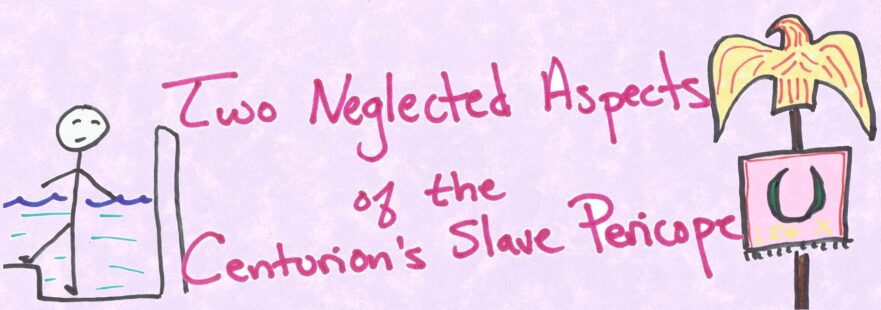Ritual impurity and the tensions resulting from Roman imperialism are two aspects of the Centurion’s Slave pericope that often go overlooked.
Character Profile: Mary Magdalene
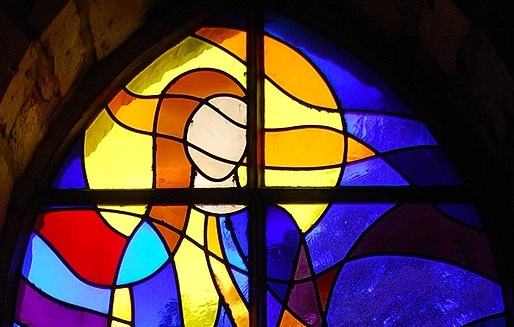
In place of accurate facts about Mary Magdalene, strange ideas and fabulous speculations have arisen that have diminished the true image of one of the most important women in the New Testament.
Did Jesus Save the Life of an Adulteress?
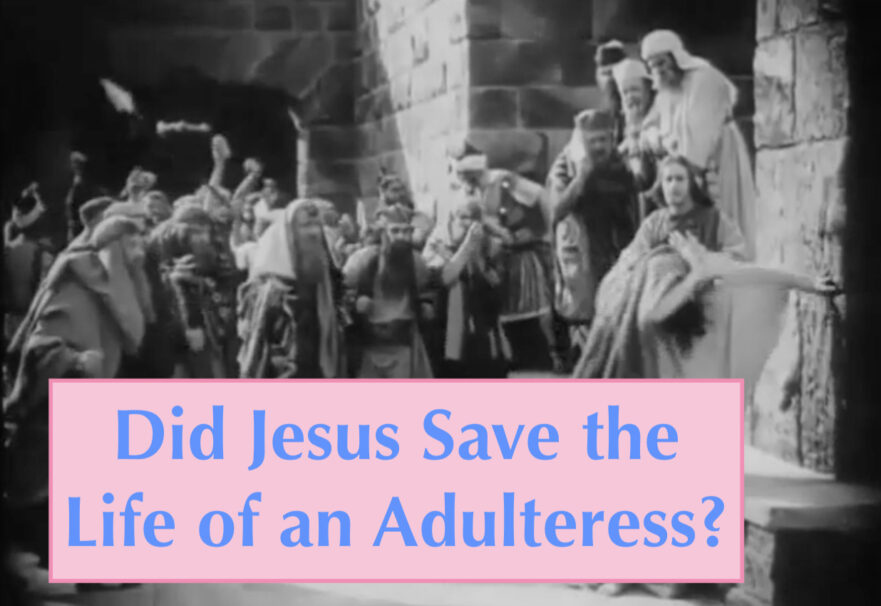
A fresh look at the text and at the historical evidence yields a version of the story of the Woman Caught in Adultery that turns out to be surprisingly different from the way it is usually portrayed.
Gospel Origins: From a Hebrew Story to the Canonical Gospels
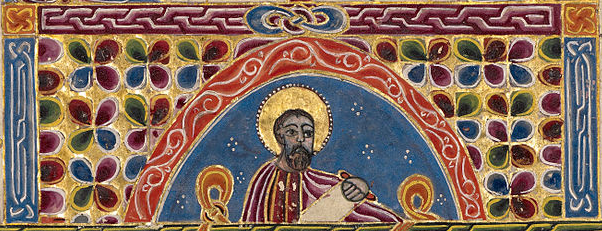
Originally released as a pamphlet entitled The Gospels in 1972, Jerusalem Perspective brings you this discussion of the Synoptic Gospels by Robert L. Lindsey in a newly revised and updated edition. Herein Lindsey critiques the theory that the Gospel narratives were developed orally by Greek speaking Christians in a decades long process. Lindsey argues that there is strong evidence that the material preserved in Matthew, Mark, and Luke descends from a Hebrew document written shortly after the events it describes.
Unconditional Love: A Holy Week Meditation
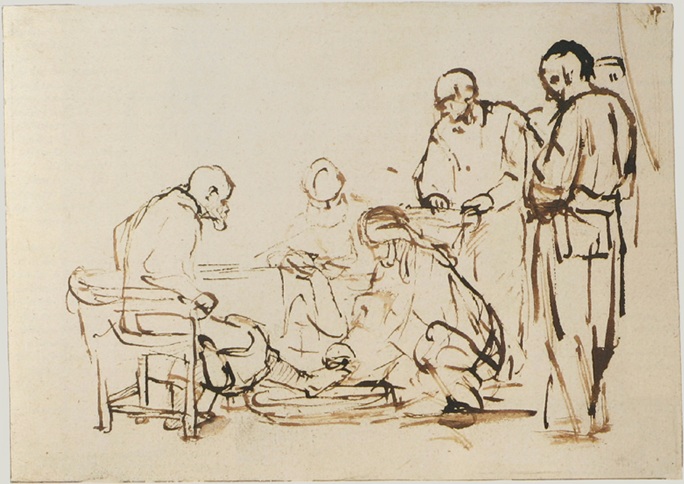
The commemoration of Jesus washing the feet of his disciples affords a moment of vulnerability that allows both the servant and the one being served to experience unconditional love.
The Origin of the Gospels

The July issue of The Church Quarterly Review in 1922 contained an article by William Lockton in which the author challenged the scholarly consensus concerning the solution to the Synoptic Problem. This important study, which is now in the public domain, was later to be of great importance to Rev. Dr. Robert L. Lindsey as further confirmation of Lindsey’s growing conviction that the Gospel of Mark is a highly edited epitome of the Gospel of Luke.
Character Profile: Chief Priests and Sadducees
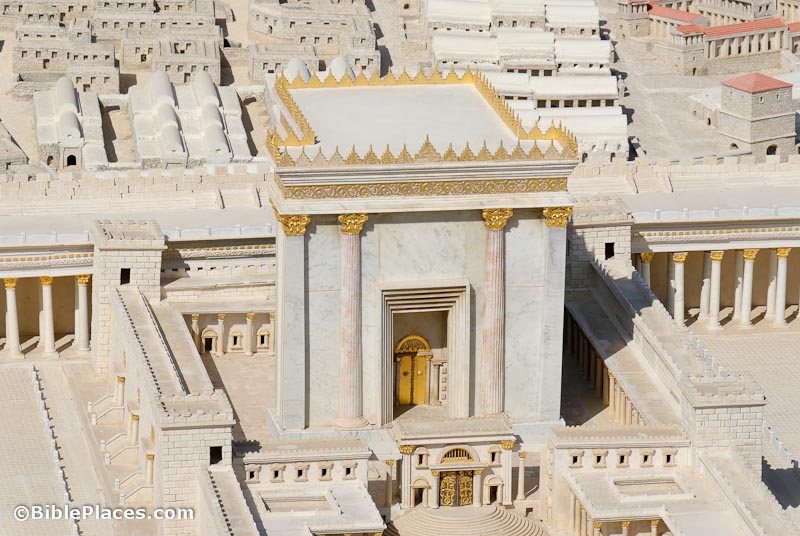
Why did the chief priests and Sadducees continue to oppose the early believers even after the crucifixion of Jesus? In this video Marc Turnage places the chief priests and Sadducees in their historical context and explains why the preaching of the apostles was unwelcome news to the Temple authorities in Jerusalem.
Character Profile: Joseph Caiaphas
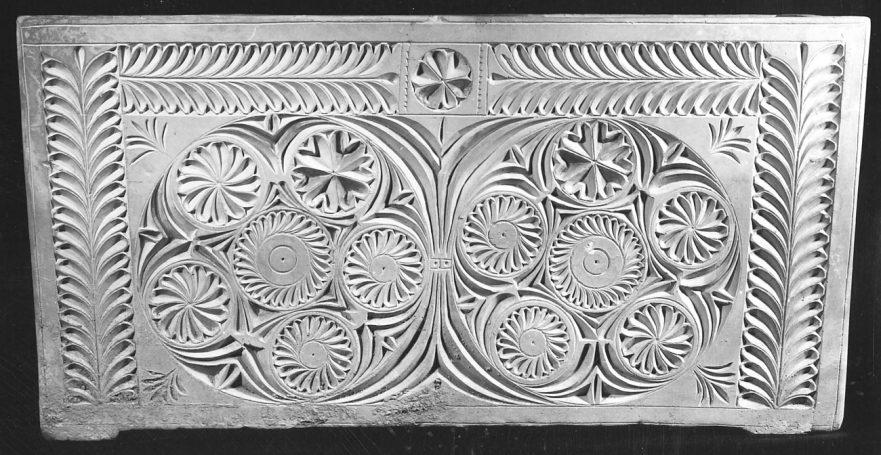
The high priest Joseph Caiaphas is known not only from the New Testament Gospels as the high priest who opposed Jesus and his early followers, but also from Josephus the Jewish historian who lived in the first century C.E. In this video Marc Turnage provides an historical sketch of this pivotal character.
Windows into the Bible (4): Stone Vessels

In this video Marc Turnage discusses the significance of stoneware vessels for understanding the cultural context of the Gospels. Marc Turnage, a member of the Jerusalem School of Synoptic Research, is the director of the Center for Holy Lands Studies for The General Council of the Assemblies of God in Springfield, Missouri. Learn more about Turnage and his work at his blog The Shard and the Scroll at www.theshardandthescroll.com.
The Messianic Consciousness of Jesus: Lesson 05
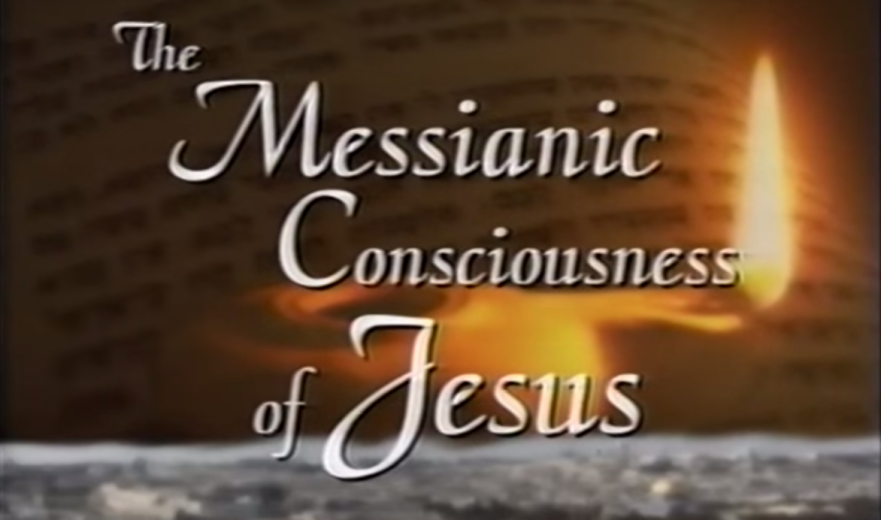
In Lesson Five of The Messianic Consciousness of Jesus series, Dr. Robert L. Lindsey examines Jesus’ saying about the son who knows the father (Matt. 11:27 // Luke 10:22).

